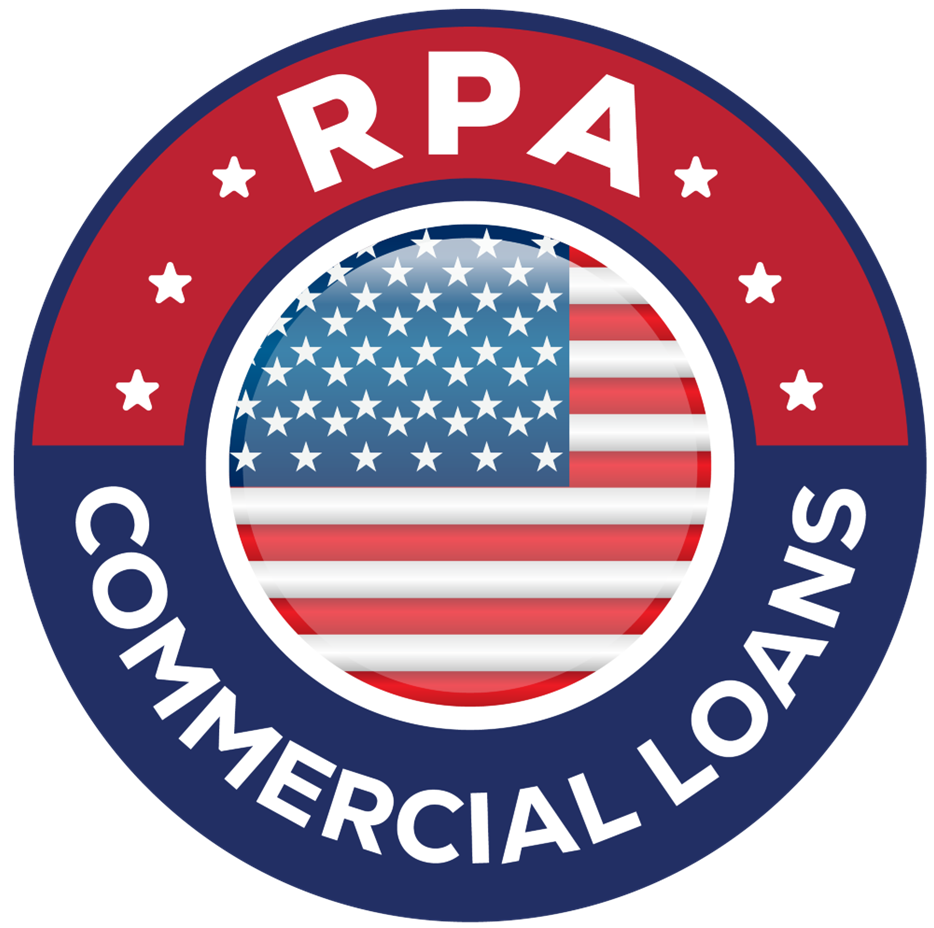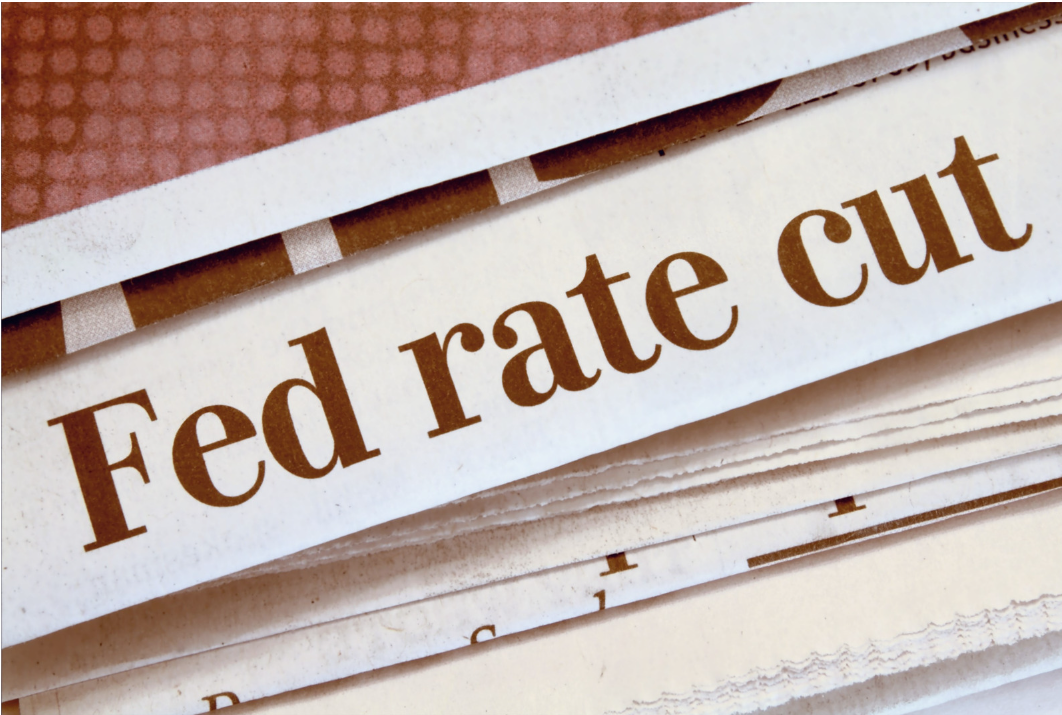We Hope for a Rate Cut
The Federal Reserve's next Federal Open Market Committee (FOMC) meeting is scheduled for September 17-18, 2024. While the Fed has kept interest rates steady at 5.25%–5.50% since July 2023, there is growing speculation about a potential rate cut. Factors like moderating inflation and concerns over the impact of high rates on the banking sector and stock market are influencing expectations. According to market forecasts, there is a 65% chance of a 50 basis point rate reduction and a 35% chance of a smaller, 25 basis point cut during this meeting.
Federal Reserve officials, including John Williams, President of the New York Federal Reserve, have hinted that inflation may be on a sustainable path toward the Fed’s 2% target. This opens the possibility for a less restrictive monetary policy, especially as the economy shows signs of cooling off. However, any decision will depend on upcoming economic data regarding inflation, employment, and financial market stability
The Federal Reserve’s upcoming decision at the September 17-18, 2024, FOMC meeting carries significant weight, especially as the country gears up for the presidential election in November. Speculation about a potential interest rate cut of either 25 or 50 basis points reflects concerns over the state of the U.S. economy, which could be a key election issue. With inflation moderating but still a point of uncertainty, the Fed's move could have ripple effects on both economic growth and public sentiment.
Impact on the Election
The state of the economy has always been a critical factor in elections. Voters often respond to conditions such as job growth, inflation, and interest rates. If the Fed cuts rates in September, it could be seen as a preemptive measure to stimulate the economy ahead of the election. While this may alleviate some financial pressure on households and businesses, it could also signal underlying economic fragility, which candidates might use in their campaigns. If inflation remains stable, a rate cut could be framed as the Fed successfully balancing economic growth with price stability. However, if inflation unexpectedly rises, it could backfire, leading to criticism of the current administration’s economic policies.
Impact on Commercial Mortgage Rates
One sector that would likely see immediate effects from a Fed rate cut is commercial real estate, particularly commercial mortgage rates. Commercial mortgage rates are closely tied to the federal funds rate, and any reduction in the Fed’s interest rate would likely lead to lower borrowing costs for commercial real estate developers and investors.
A decrease in rates could be a welcome relief for the commercial real estate market, which has been under pressure from high borrowing costs, especially as property values have fluctuated in response to economic uncertainty. Lower rates would reduce the cost of financing new developments and refinancing existing debt, potentially spurring investment in commercial properties. On the flip side, if rates are cut too late, the impact might be minimal due to other economic headwinds, such as tightened credit conditions or reduced demand for office spaces in a post-pandemic world.
Overall Economic Context
The Fed is walking a tightrope as it attempts to achieve a "soft landing"—curbing inflation without triggering a significant economic slowdown. The upcoming decision will hinge on key indicators like inflation, employment, and productivity data, all of which have shown mixed signals in recent months. The decision will not only impact mortgage rates but also broader financial conditions, including the stock market and consumer confidence, all of which could play a pivotal role in the outcome of the 2024 presidential election.
Related article: Interest Rates Affect Commercial Mortgages



